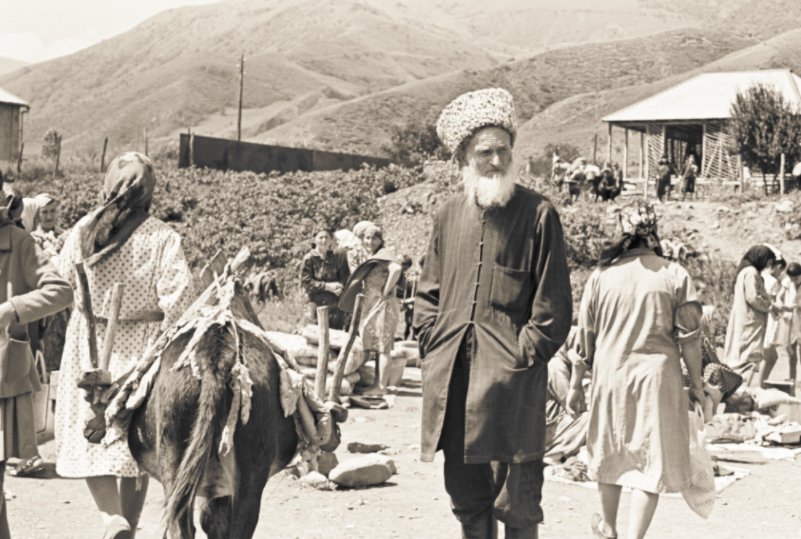The North Caucasus - A brief HISTORY

If you have read some of my previous articles on the Caucasus area, you will note my recommendation for King's work. Charles King's perspective on the history of the Caucasus can be characterized as constructivist. His book tries, as he states in the introduction, "...to serve as a guide to the controversial terrain of Caucasus history by discussing multiple interpretations of contentious issues and taking seriously the inconstancy of names, identities, and popular memory" (p.19). King's description of historical processes, actors and events questions presentations of Caucasus' history found in Western as well as Russian and Soviet historiography.
In the view of King, Western narratives tend to interpret the history of the Caucasus through the lens of imperial conquest and national resistance: "The concept of empire and nation form the warp and weft of the historical narrative - a story of Russia's push to the south, the ensuring conflicts with Persia and the Ottomans, and the enduring resistance of small nationalities caught up in the clash of Eurasia's Empires" (p.13). For King, "the conquest of the Caucasus" is "a fundamentally misleading phase". Parts of the Caucasus, such as lowland Kabarda or eastern Georgia, "did not need to be conquered at all and were rather easily joined to the empire through the fiat of the tsar and the acquiescence of the local nobles" (p.38).

King provides examples of how local elites skilfully exploited the configuration of interests among the rivaling external powers to strengthen their own power and authority. He examines and interprets the history of Caucasus by looking at "the way in which the interests, ambitions, and visions of local rulers and their subjects intersected with the new strategic designs of outsiders" (p.31). In contrast to 'imperial conquest and national resistance' interpretations, King also maintains that national and ethnic identities in 19th century Caucasus were neither ancient nor primordially given and unchangeable. Identities were constructed in social interactions, shaped and re-shaped with changing political conditions and structural conditions.

King's historical narrative also contrasts with Russian imperial historiography. After Russia emerged as the historical winner in the Caucasus, "....a history of fitful incorporation, tactical compromise, and brutal warfare was now cast as the story of Russia's inevitable triumph in the South" (p. 141). However, in the view of King, "the modern history of the Caucasus is ...neither one of straightforward imperial conquest nor of the inexorable logic of Russia's manifest destiny in the south" (p.17).
The deterministic view underlying Russian imperial historiography re-surged in official Soviet interpretations, wherein Caucasus inevitably and in accordance with "laws of history", discovered by Marxism, would join the Soviet Union and, led by the Soviet communist party, eventually would end up in the class- and conflict-less paradise of the communist future.
While King problematizises the usefulness of the concept "conquest" in explaining and understanding Caucasus' history, he makes one exception:
".....the theme of conquest does apply to the areas that plagued imperial strategists from the very beginning: the districts of the upland Caucasus inhabited by the people the Russians knew as the gortsy“ (p. 39). These areas were Chechnya, western Circassia, and mountainous Dagestan (p. 37).
But even in these cases King adheres to his constructivist, inter-actionist "on the one side and on the other side" approach, arguing that the resistance to Russian Imperial expansion and intrusion was never wholly united and internally split and incoherent.